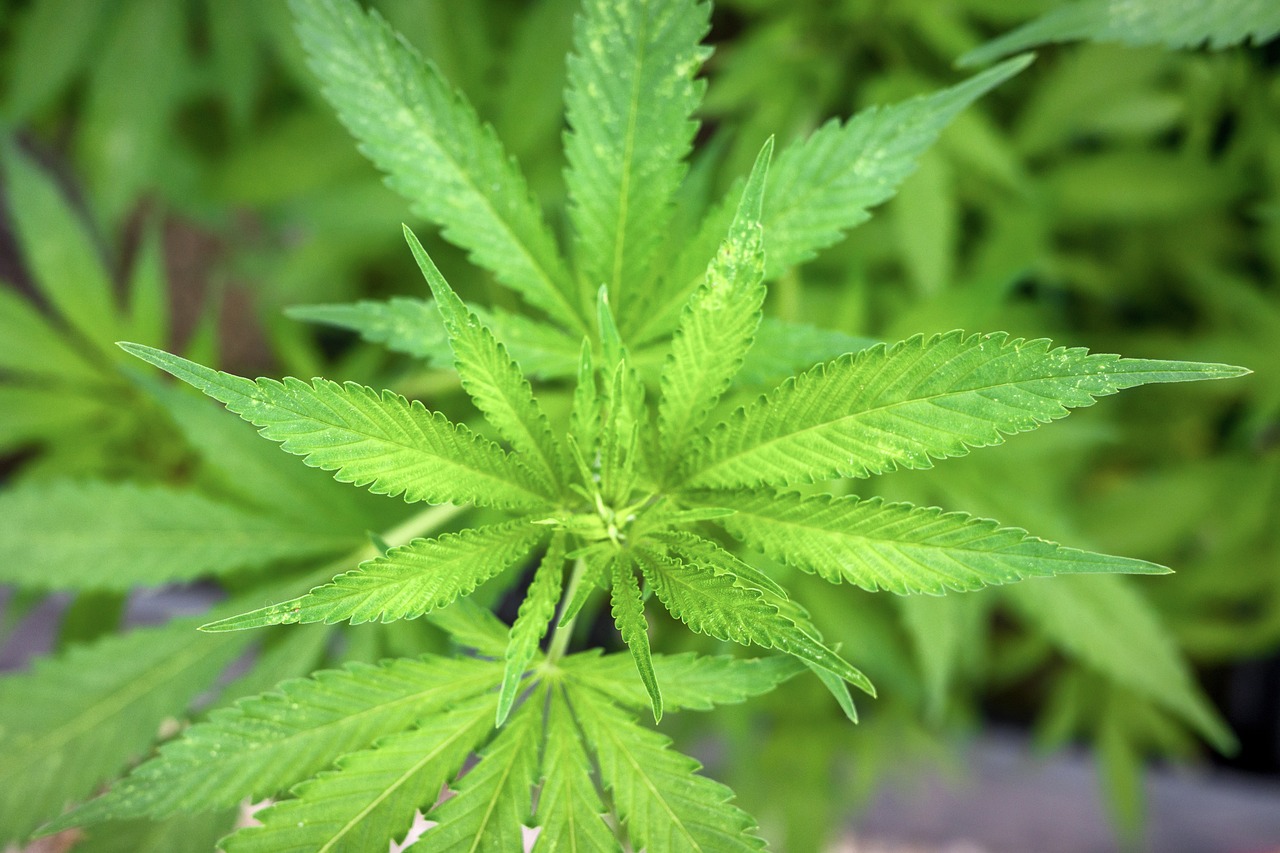The cannabis industry has seen a surge in interest and innovation, with various compounds gaining attention for their unique properties. Among these, THCA (tetrahydrocannabinolic acid) stands out as a non-psychoactive option that offers potential benefits without the high associated with THC. This article explores the characteristics, benefits, and applications of THCA flower from indacloud, providing a comprehensive understanding of this intriguing compound.
Understanding THCA
THCA is a cannabinoid found in raw and live cannabis plants. Unlike THC, which is known for its psychoactive effects, THCA does not produce a high. This is because THCA is the acidic precursor to THC. When cannabis is heated through smoking, vaping, or cooking, THCA undergoes decarboxylation, converting into THC. In its raw form, THCA remains non-psychoactive, making it an appealing option for those seeking the therapeutic benefits of cannabis without the mind-altering effects.
How THCA Differs from THC
- Chemical Structure: THCA has an extra carboxyl group compared to THC, which prevents it from binding effectively to CB1 receptors in the brain.
- Effects: THCA does not produce the euphoric effects associated with THC.
- Consumption Methods: THCA is typically consumed in its raw form, such as in juices or smoothies, to maintain its non-psychoactive properties.
Potential Benefits of THCA
Research into THCA is still in its early stages, but preliminary studies and anecdotal evidence suggest several potential benefits:
Anti-Inflammatory Properties
THCA has shown promise as an anti-inflammatory agent. A study published in the British Journal of Pharmacology indicated that THCA might help reduce inflammation, which could be beneficial for conditions like arthritis and other inflammatory diseases.
Neuroprotective Effects
Research suggests that THCA may have neuroprotective properties. A study conducted by the University of Guelph found that THCA could help protect against neurodegenerative diseases by reducing oxidative stress and inflammation in the brain.
Antiemetic Potential
THCA may also help alleviate nausea and vomiting. This could be particularly beneficial for patients undergoing chemotherapy or those with chronic conditions that cause nausea.
Applications of THCA Flower
THCA flower can be used in various ways to harness its potential benefits:
Raw Consumption
Consuming THCA in its raw form is one of the most effective ways to enjoy its benefits without psychoactive effects. This can be done by adding raw cannabis leaves or flowers to smoothies, salads, or juices.
Topical Applications
THCA-infused topicals can be applied directly to the skin to target localized pain or inflammation. These products are gaining popularity among those seeking natural remedies for skin conditions and muscle soreness.
Tinctures and Capsules
THCA tinctures and capsules offer a convenient way to incorporate this cannabinoid into daily routines. These products provide a controlled dosage and can be easily integrated into wellness regimens.
Case Studies and Real-World Examples
Several case studies highlight the potential of THCA in real-world applications:
Case Study: THCA for Epilepsy
Anecdotal reports have emerged of THCA being used to manage epilepsy symptoms. In one case, a young patient experienced a significant reduction in seizure frequency after incorporating THCA into their treatment plan. While more research is needed, these stories offer hope for those seeking alternative therapies.
Case Study: THCA for Chronic Pain
Another case involved a patient with chronic pain who found relief through THCA consumption. The patient reported decreased pain levels and improved quality of life without the psychoactive effects of THC.
Statistics and Market Trends
The growing interest in non-psychoactive cannabis options is reflected in market trends. According to a report by Grand View Research, the global cannabis market is expected to reach USD 73.6 billion by 2027, with non-psychoactive products like THCA playing a significant role in this growth.
Consumer Preferences
- Increased demand for wellness-focused cannabis products.
- Growing interest in natural and holistic health solutions.
- Preference for non-psychoactive options among certain demographics.
Conclusion
THCA flower represents a promising option for those seeking the benefits of cannabis without the psychoactive effects. With potential applications in inflammation reduction, neuroprotection, and nausea alleviation, THCA offers a versatile and appealing choice. As research continues to uncover the full range of its benefits, THCA is poised to become a staple in the wellness and cannabis industries. By understanding its properties and potential, consumers can make informed decisions about incorporating THCA into their health and wellness routines.
